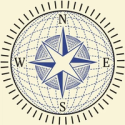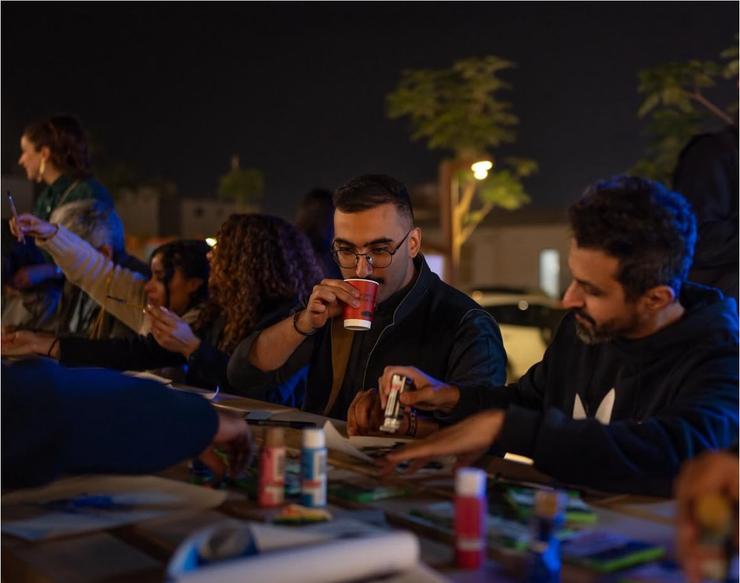The News
US President Donald Trump praised Saudi Arabia’s economic transformation Tuesday during a speech at the Saudi-US Investment Forum in Riyadh, saying that “the future of the Middle East begins here.”
Critics have doubted Crown Prince Mohammed bin Salman’s economic plan, Trump said, but added that the changes since his last visit in 2017 are beyond what he expected. A skyscraper developer himself, Trump marveled at Riyadh’s skyline: “There are towers I’ve never seen before anywhere.”
Trump said the Saudi capital has become a hub of “topnotch technology,” noting that Riyadh’s residents — the majority of the audience — may forget how dramatic the transformation has been because it unfolded around them.
Manal’s view
When US President Donald Trump last visited Saudi Arabia in 2017, I wasn’t allowed to drive. Religious zealots still roamed the streets, monitoring for a headscarf that slipped, or an open abaya.
The choreography of public life, especially for women, was rigid. We moved within a framework that was designed long before us, and not for us.
Now, we don’t even think of those things. The daily calculus has changed. The rhythms of life are shaped less by caution and more by pace: careers, deadlines, rent payments, the volatility of a job market growing faster than it can stabilize.
Trump marveled at the transformation he’s witnessed in the eight years between his visits to Riyadh. What he’s walking into isn’t a rebranding. It’s a country recalibrating in real time, learning what it means to keep up with its own ambitions.
In 2022, just before graduating from university in the US, my father called me and said: “Come home. You’re missing a moment.” I didn’t ask what he meant. In hindsight, I think neither of us fully knew. That moment wasn’t a ban lifted or a royal decree announced. It unfolded slowly, then all at once.
The change is palpable, not just in policy, but in the air — in the way people walk, speak, and plan. It settles into the ordinary, into the day-to-day. The world’s top tennis players now compete in Riyadh. Offices are led by women who speak without hesitation. The transformation isn’t symbolic. It’s structural.
As Trump noted in his speech, Saudi Arabia didn’t reject its traditions. It absorbed them into something else. A repainted landscape, where the call to prayer still anchors the day, but now echoes through crowded terminals, through co-working spaces, through stadiums under lights.
Even as someone born and raised here, I have to remind myself this is the same place. It just isn’t standing still anymore. And maybe that’s why Trump, and many others, are returning.


